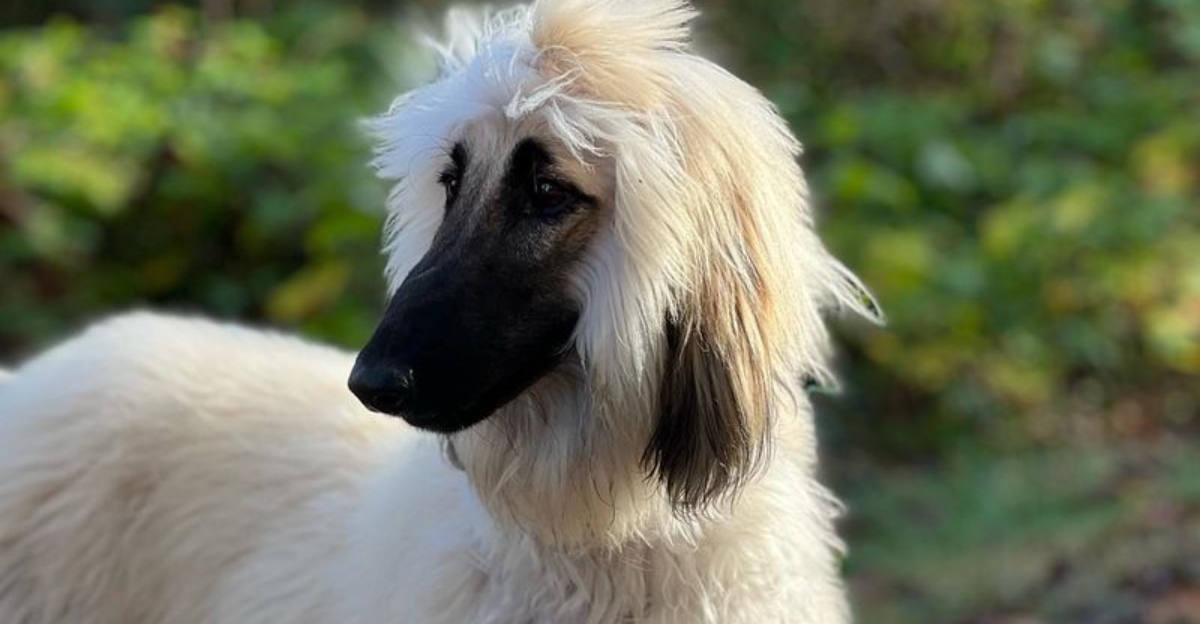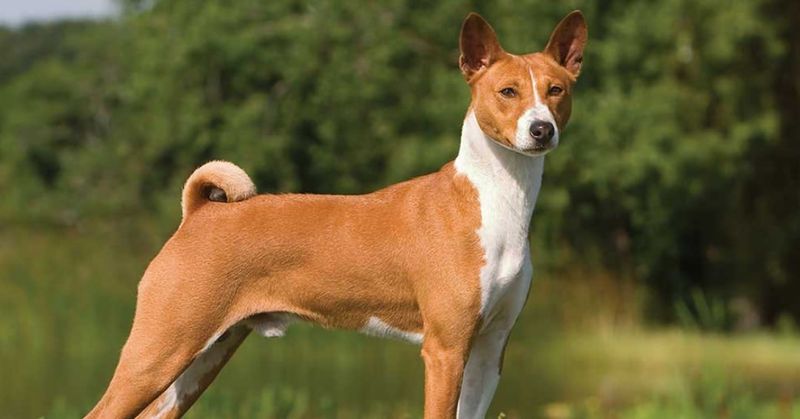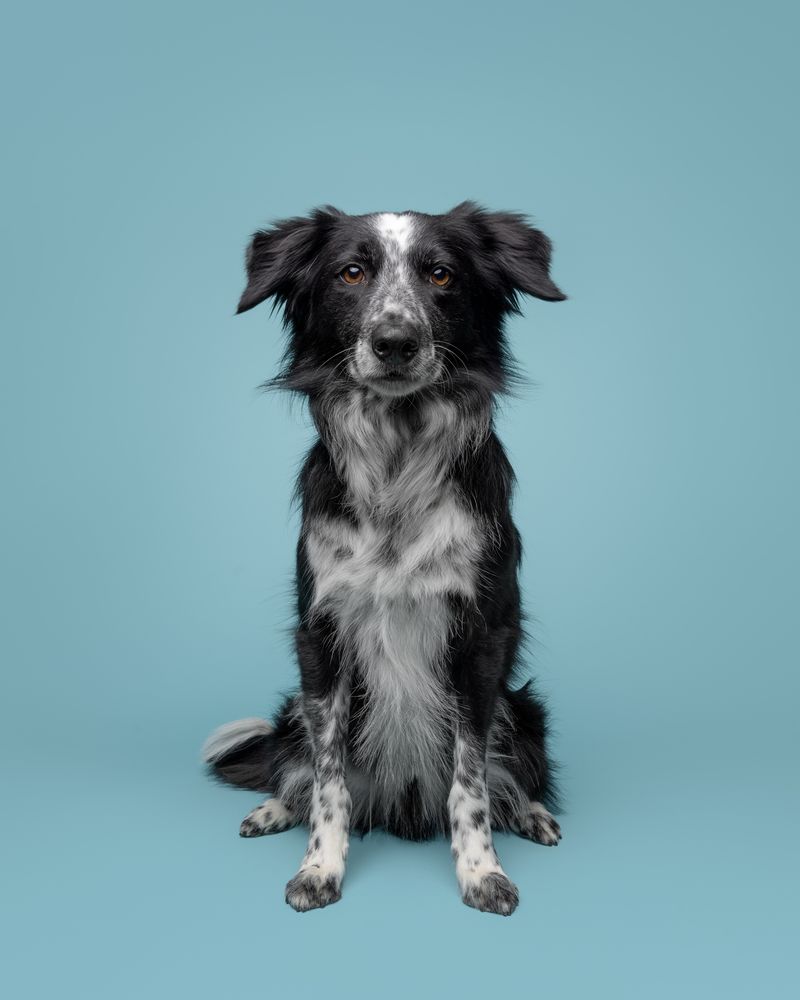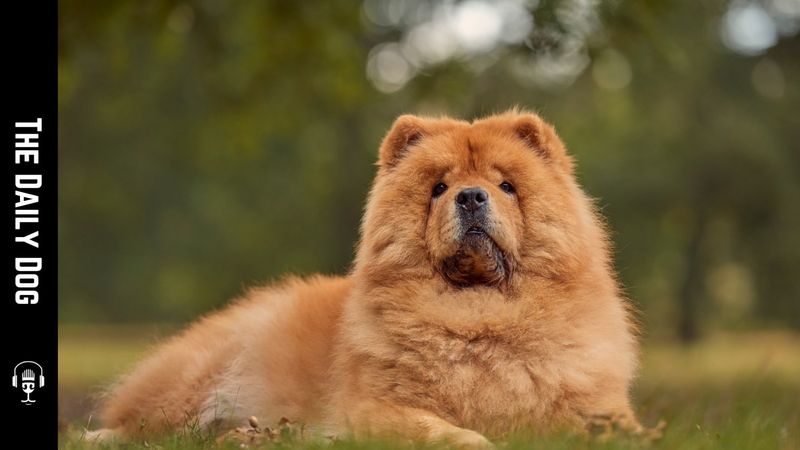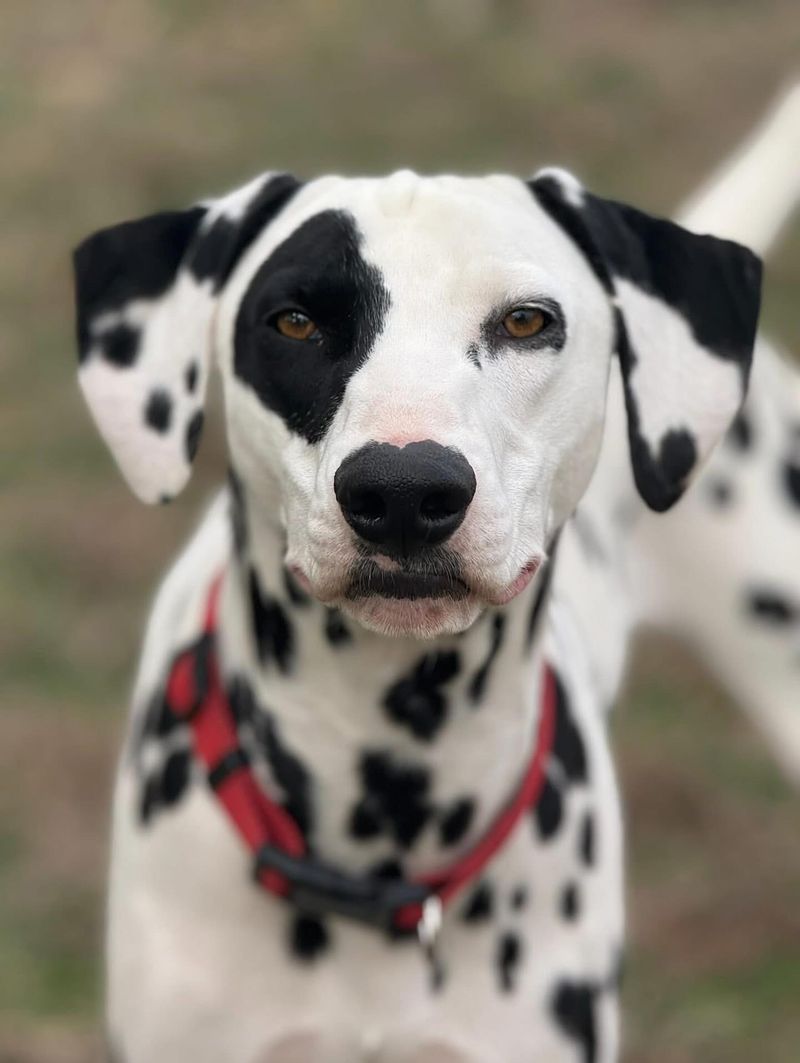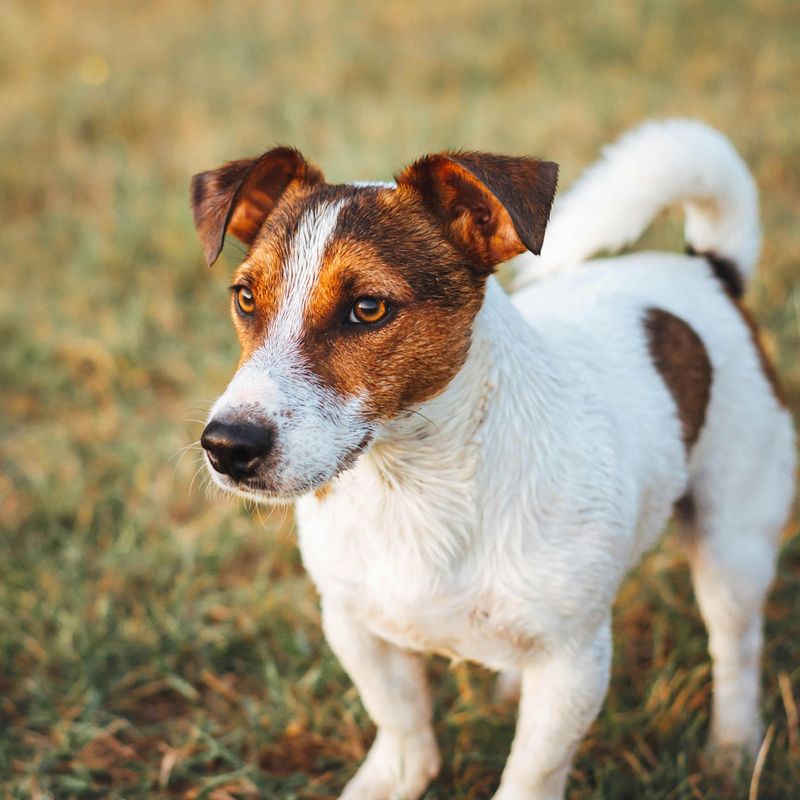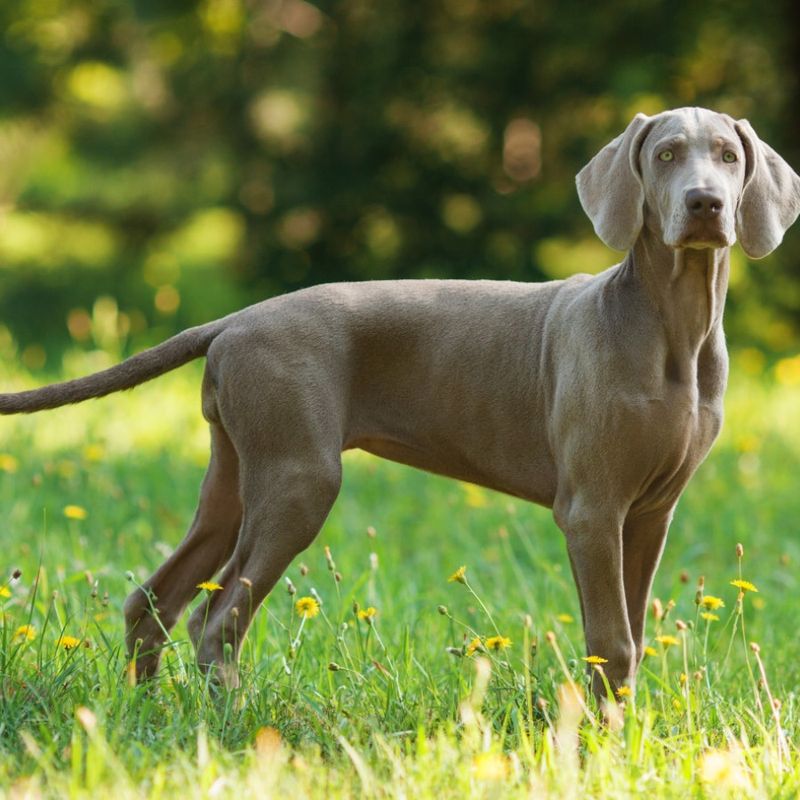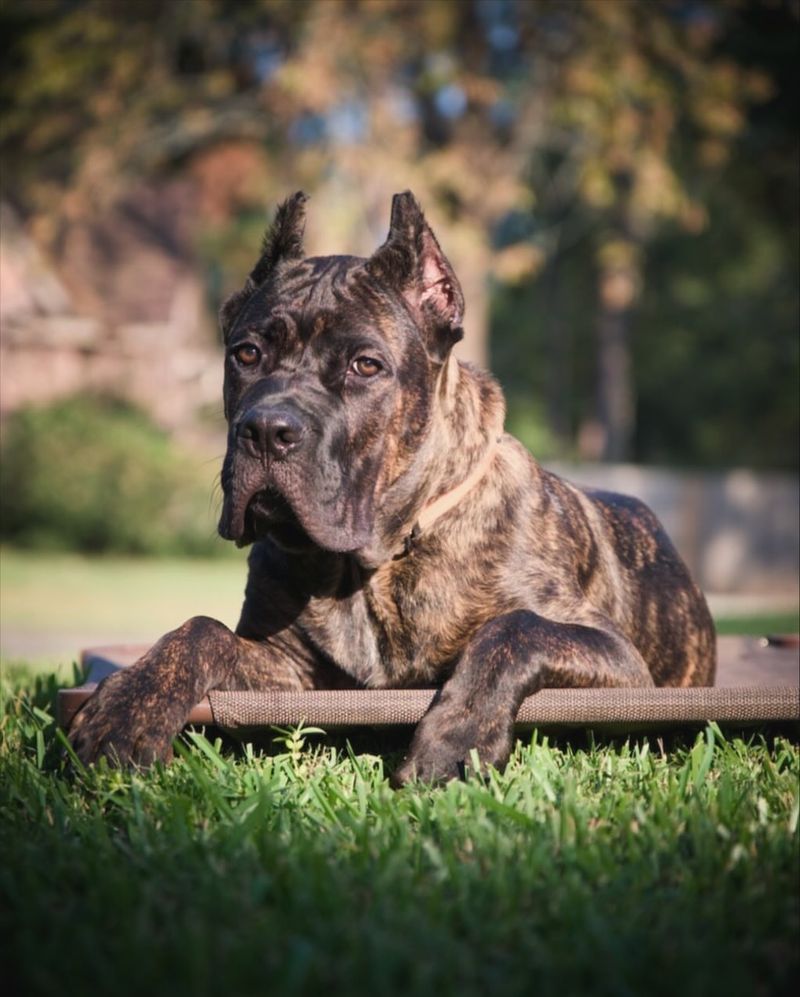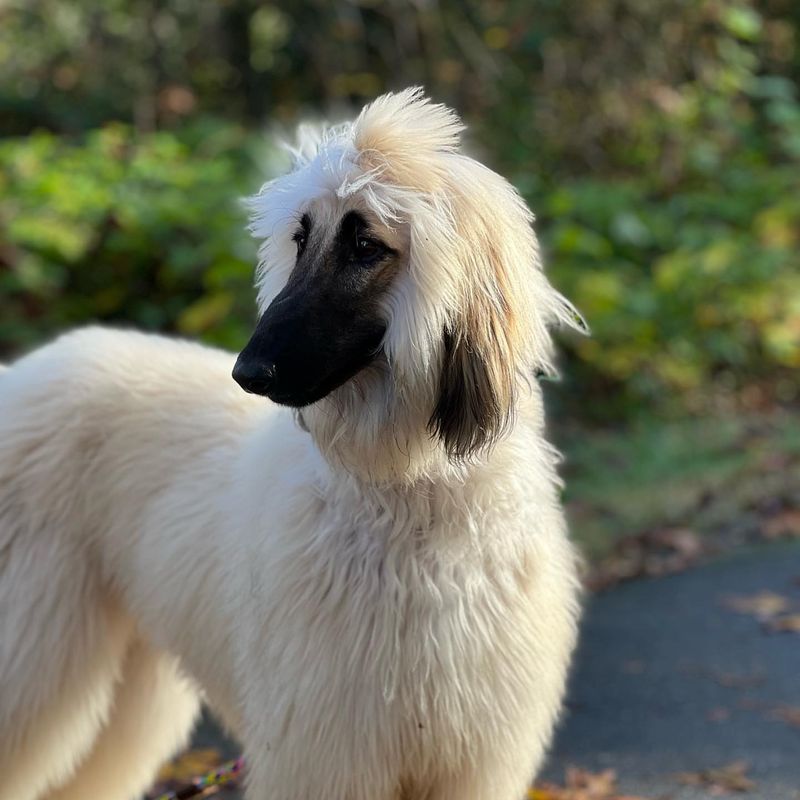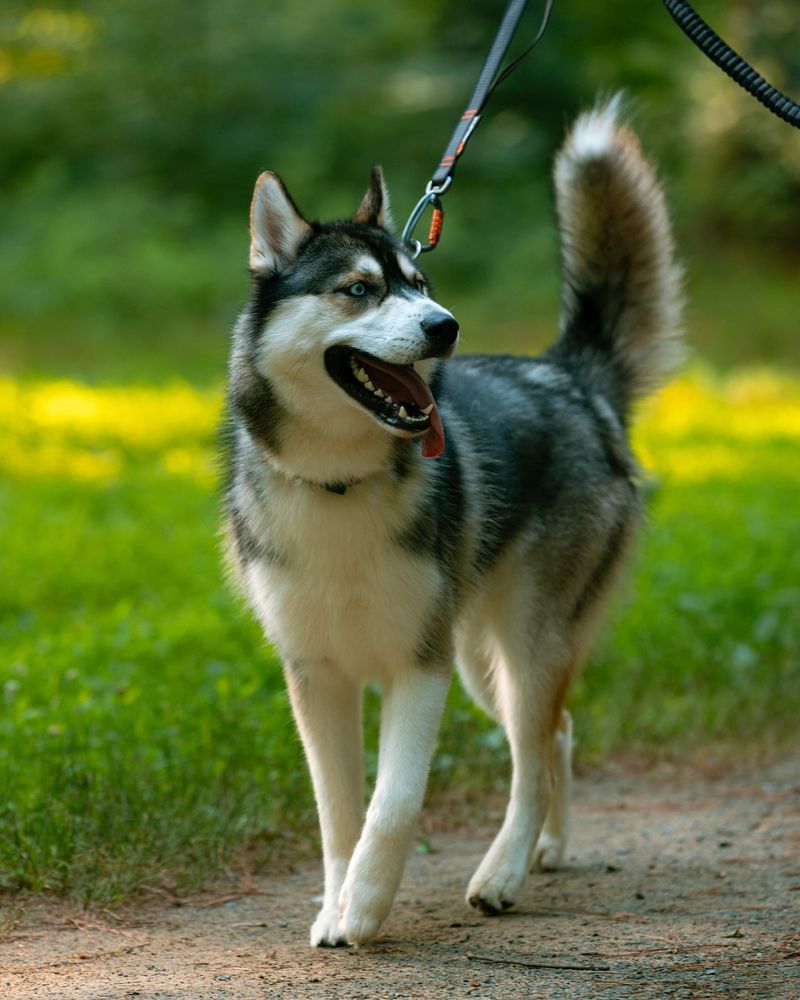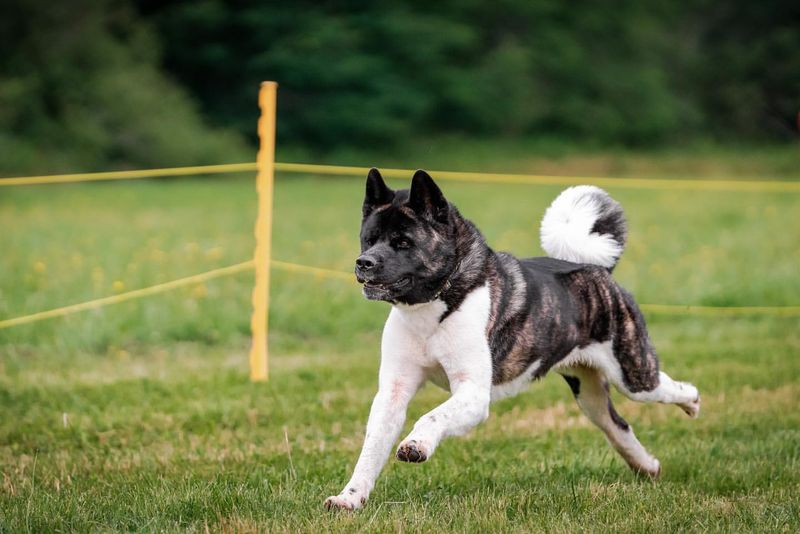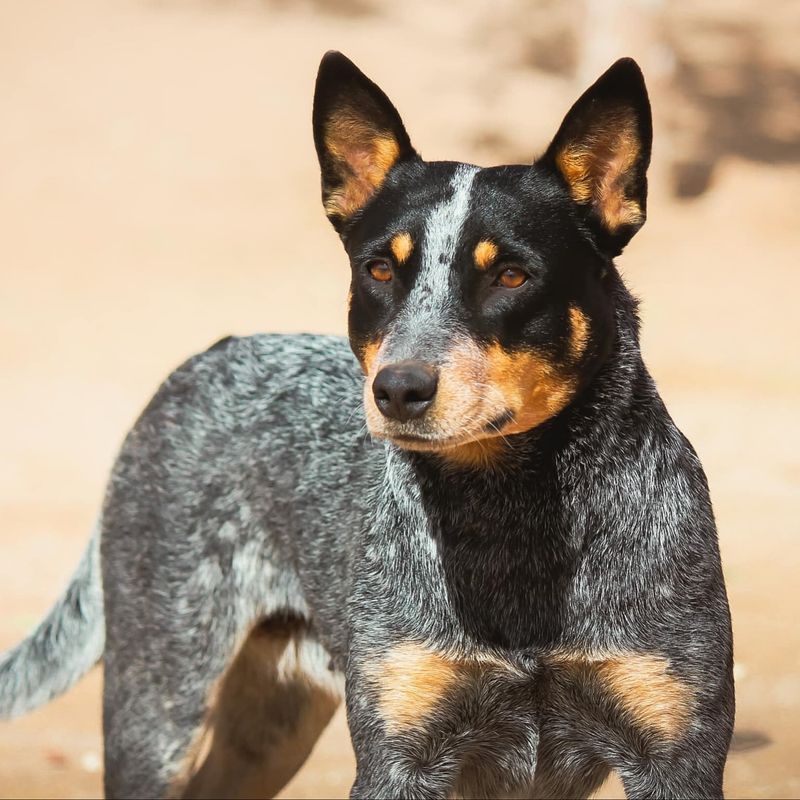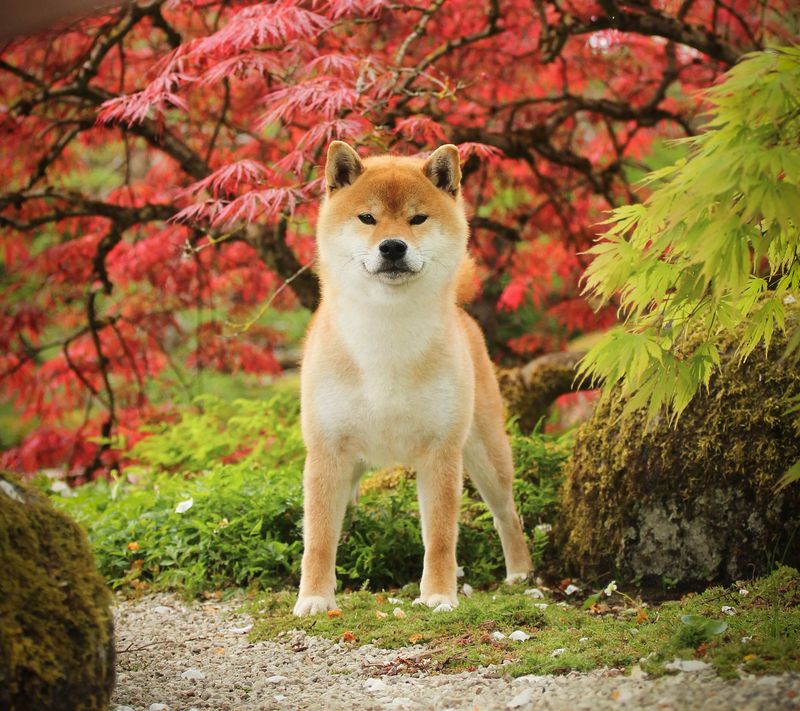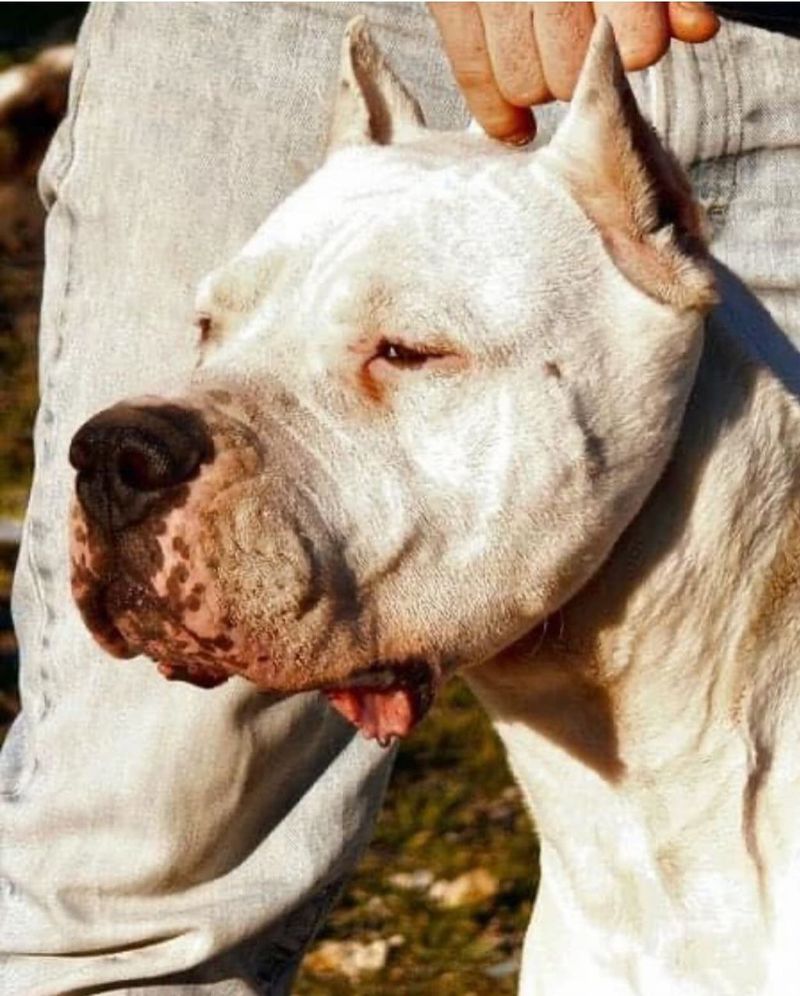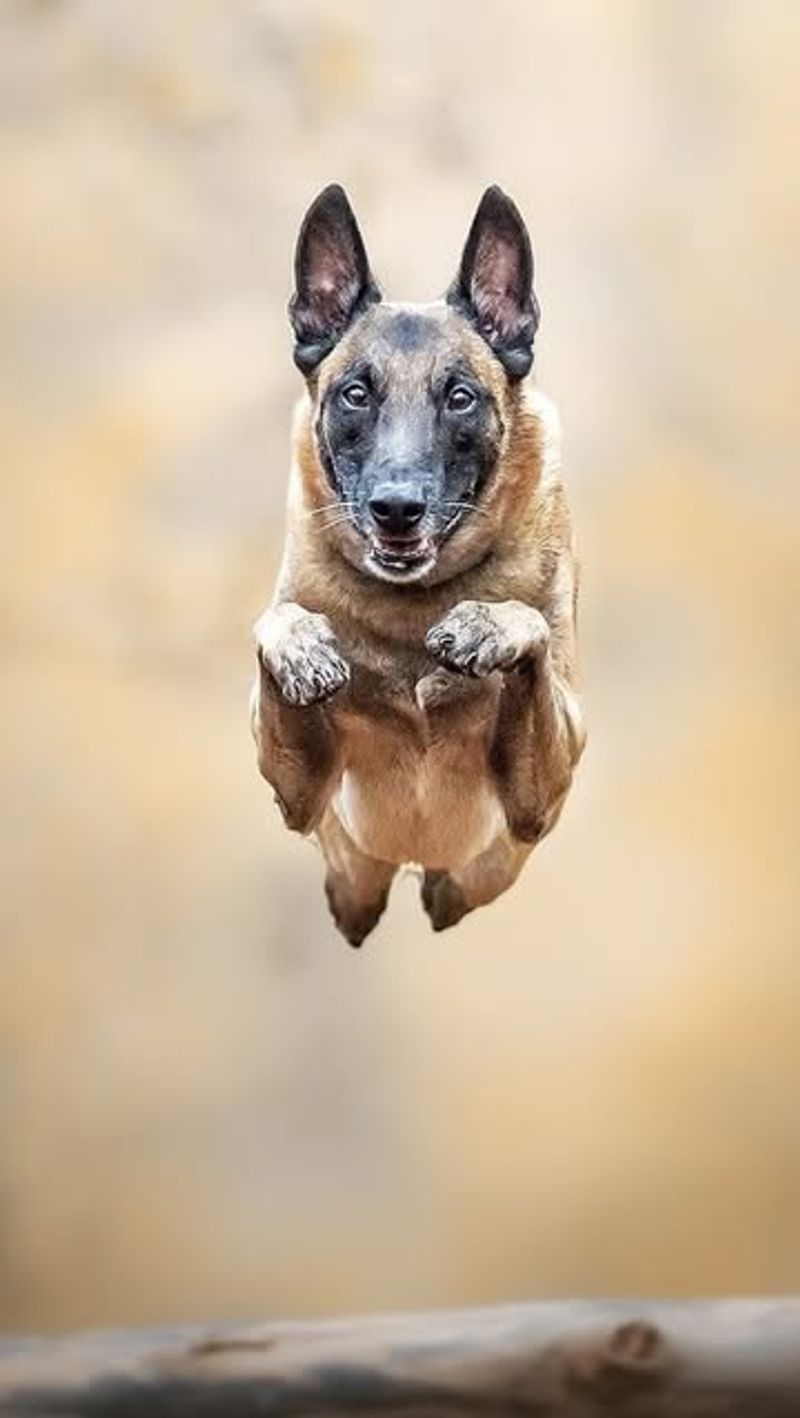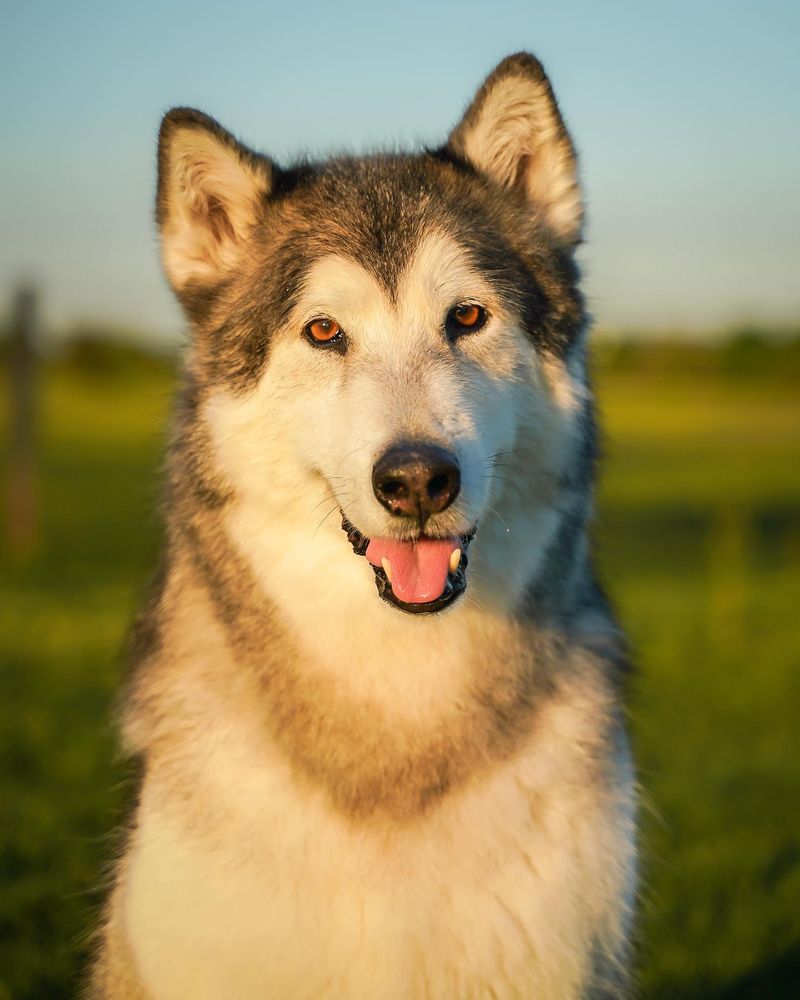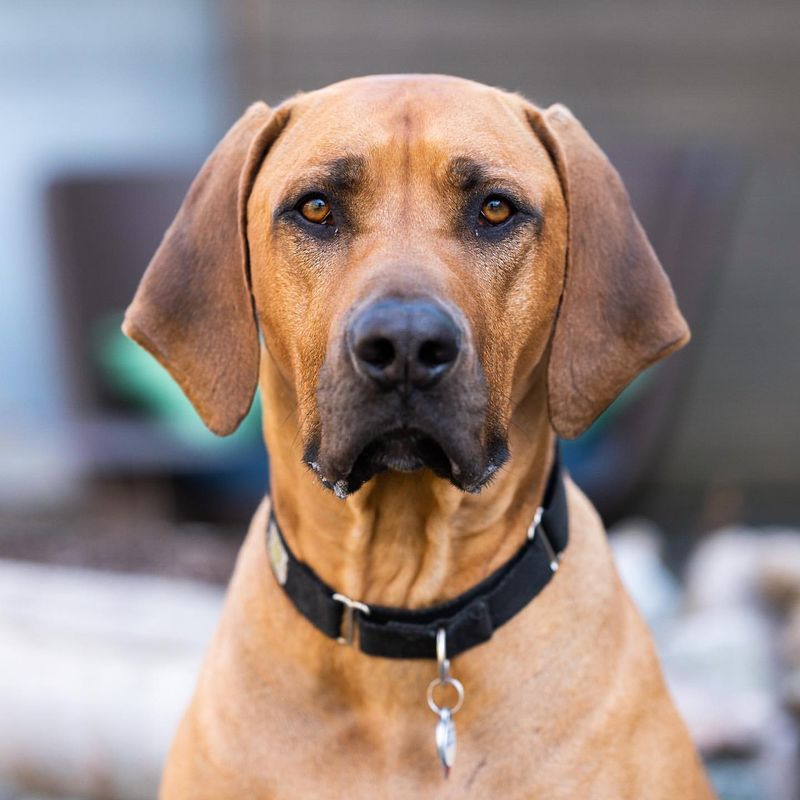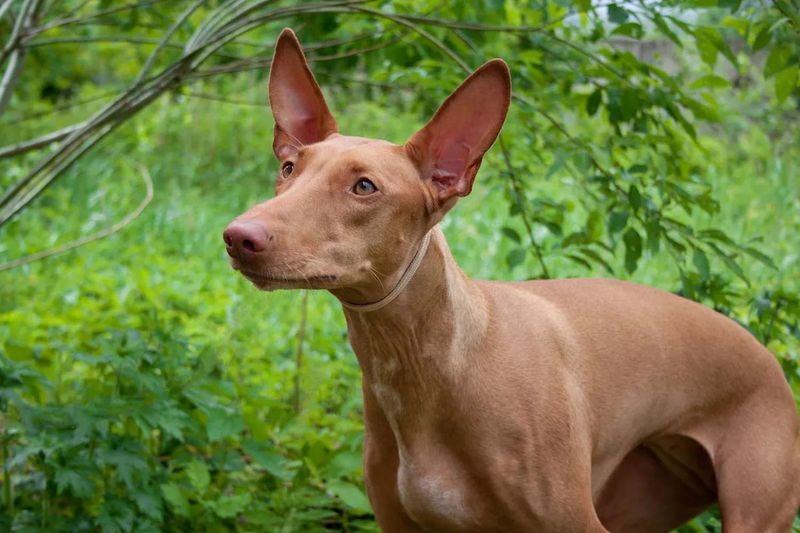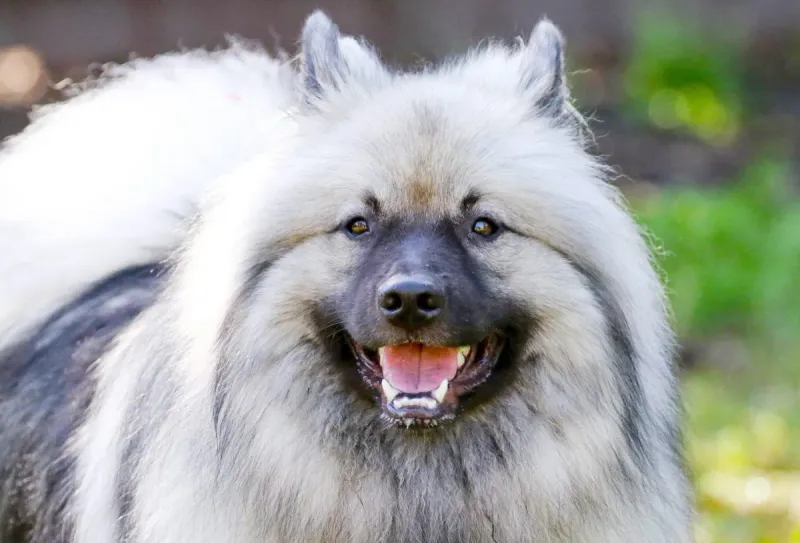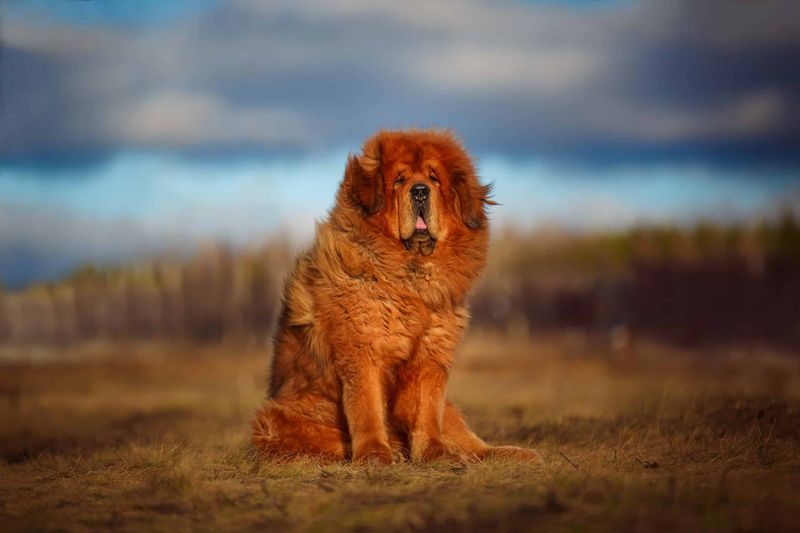While many dog breeds thrive in domestic settings, some find it challenging to adapt. This list explores 19 breeds that may struggle with the confines of indoor living due to their unique needs, energy levels, or inherent traits. Each breed is distinctively different, offering a glimpse into the diverse world of dogs and highlighting why they prefer more freedom or specific environments. From high energy needs to complex temperaments, understanding these breeds can guide potential owners in making informed decisions.
Basenji
Known as the ‘barkless dog,’ the Basenji is full of surprises. Their unique vocalizations resemble yodels more than traditional barks. Basenjis are highly intelligent, often outsmarting their owners, leading to a need for constant mental stimulation. Their cat-like grooming habits make them clean pets but don’t mistake cleanliness for calmness. Basenjis have immense energy and require rigorous exercise routines. Their independent streak and tendency to escape make them challenging house pets. These dogs need a home that matches their adventurous spirit and can handle their spirited antics.
Border Collie
Border Collies are the epitome of intelligence in the canine world. Their sharp minds and keen instincts are perfect for herding but can be overwhelming in confined spaces. Without a job, they may become restless and destructive. These dogs thrive on mental challenges and need regular exercise that engages both body and mind. Their energy levels often surpass that of their owners. A suburban backyard may not suffice for their needs. Border Collies excel in active environments where they can put their hardworking nature to use, making them unsuitable for sedentary households.
Chow Chow
Chow Chows stand out with their lion-like appearance and reserved nature. While they may look cuddly, they’re known for being independent and sometimes aloof. This breed requires a patient owner who can respect its space and personality. Despite their thick coats, Chow Chows are sensitive to heat and prefer cooler climates. Socialization is crucial for them, as they can become overly protective. Their stubbornness means they’re not the easiest to train, demanding consistency and care. With the right owner, a Chow Chow’s loyalty is unparalleled, but they’re not for everyone.
Dalmatian
Dalmatians, with their iconic spots, are full of energy and zest for life. Historically used as carriage dogs, they have a natural affinity for running long distances. While their playful nature makes them delightful companions, it also means they need plenty of exercise. Without adequate outlets, they can become hyperactive and sometimes destructive. Dalmatians are also known for being stubborn, requiring consistent training. Their social nature demands regular interaction and stimulation. Not just a pretty face, they need a household ready to meet their dynamic needs and spirited personality.
Jack Russell Terrier
Small but mighty, the Jack Russell Terrier is a bundle of energy. Historically bred for fox hunting, their tenacity and determination are unmatched. This breed is not suited for a sedentary lifestyle; they thrive on challenges and require constant stimulation. Owners must be prepared for a dog that needs more than a daily walk. Jack Russells enjoy activities that engage both their bodies and minds. Their natural curiosity and intelligence often lead them into mischief if left unoccupied. While fiercely loyal, they need an environment that can handle their spirited and energetic nature.
Weimaraner
The Weimaraner, often called the “Gray Ghost,” is known for its sleek, silver coat and boundless energy. This breed thrives in active households where they can partake in various physical activities. Without adequate exercise, Weimaraners can become restless and destructive. They’re intelligent and eager to learn, but their need for interaction can be overwhelming for those unprepared. While they form strong bonds with their families, they may suffer from separation anxiety if left alone too long. Weimaraners require attentive owners who can cater to their active and affectionate nature.
Cane Corso
The Cane Corso is an imposing guardian with a strong protective instinct. Their muscular build and keen awareness make them excellent watchdogs, but they require firm and consistent training. Without proper socialization, Cane Corsos can become overly protective and wary of strangers. They thrive with clear leadership and enjoy tasks that engage their physical and mental capabilities. These dogs need space to roam and are not suited for apartment living. While they are loyal to their families, their powerful presence requires an owner who can manage their assertive nature effectively.
Afghan Hound
With their beautiful flowing coats and royal demeanor, Afghan Hounds are undoubtedly striking. However, they possess a high prey drive and require vast open spaces to run freely. Their aloofness can make them less responsive to typical domestic environments. Afghan Hounds often need experienced handlers who understand their independent nature. Their grooming needs are extensive, requiring regular maintenance to keep their coats in pristine condition. Despite their elegance, they are not the cuddly type and may seem detached. They’re best suited for owners who appreciate their uniqueness and can provide the space they crave.
Siberian Husky
Siberian Huskies are well-known for their striking appearance and high energy levels. Bred for sled pulling, they have an innate desire for physical activity and thrive in cold climates. Huskies are known escape artists, often finding ways to roam if not adequately contained. Their independent spirit and strong-willed nature mean they require patient and consistent training. They love to vocalize, often engaging in howling rather than barking. Huskies need an owner who understands their unique requirements and can provide the active lifestyle they crave, making them unsuitable for urban apartments.
Akita
The Akita is a symbol of loyalty and strength in its native Japan. Known for their dignity, they can be aloof with strangers, making them excellent guardians. Akitas require a confident owner who can establish clear boundaries. Their independent nature means they may not always be eager to please but are deeply devoted to their families. While affectionate, they’re not overly demonstrative, preferring a more reserved expression of love. Due to their protective instincts, early socialization is essential. Akitas thrive in environments where their loyalty and independence are respected, but they are not for novice owners.
Australian Cattle Dog
Australian Cattle Dogs are renowned for their herding skills and relentless work ethic. Bred to control cattle in harsh environments, they possess unmatched stamina and intelligence. These dogs thrive on having a job and can become bored and destructive without adequate tasks. Their loyalty and protective nature make them excellent companions for active families. However, they require consistent training and socialization to ensure their energies are directed appropriately. Australian Cattle Dogs need an environment where their skills can be utilized, making them unsuitable for inactive households.
Shiba Inu
The Shiba Inu, with its fox-like face and spirited personality, is a breed full of surprises. Known for their aloof nature, they often march to the beat of their own drum. This independence can lead to challenges in training, as they may resist commands. Shibas are clean and meticulous, often grooming themselves like cats. Their adventurous spirit means they require secure surroundings to prevent escapes. While loyal, they are not overly affectionate, preferring to show love on their terms. Shibas flourish with owners who appreciate their unique traits and can provide an understanding and secure home.
Dogo Argentino
The Dogo Argentino is a versatile breed known for its strength and courage. Originally bred for hunting large game, their drive and determination are significant. These dogs require experienced owners who can provide firm and consistent guidance. Without proper training, their protective instincts can become overwhelming. Despite their imposing presence, they are affectionate with their families, often seeking attention and companionship. Dogo Argentinos need ample space to roam and are not suited for apartment living. With the right environment, they can be loyal and devoted companions, but they’re not for the faint-hearted.
Belgian Malinois
The Belgian Malinois is celebrated for its intelligence and versatility, often used in military and police work. Their high energy levels and quick wit require constant engagement and challenges. These dogs are not for casual pet owners; they need an active lifestyle and thrive when given tasks or jobs. Without adequate stimulation, they may become restless and destructive. Their loyalty and eagerness to work make them exceptional companions for those who can meet their demands. Belgian Malinois excel in environments where their skills are harnessed, making them unsuitable for laid-back households.
Alaskan Malamute
Alaskan Malamutes, with their wolf-like appearance, are the epitome of strength and endurance. Bred to haul heavy loads, they have an innate need for physical activity. These dogs are not content with short walks; they thrive on challenges that test their stamina. Malamutes are known for their pack mentality, needing clear leadership and socialization. Their independent spirit can make training a challenge, requiring patience and consistency. They love cold environments and often struggle in warm climates. Ideal for active families, Malamutes need room to roam and explore, making them unsuitable for confined living spaces.
Rhodesian Ridgeback
Rhodesian Ridgebacks are known for their distinctive ridge of hair and strong-willed nature. Originally bred for hunting lions, they possess a fearless and independent spirit. These dogs require a confident owner who can establish authority without harshness. Ridgebacks are protective and loyal, but their aloofness can be mistaken for stubbornness. They need regular exercise to maintain their muscular build and mental sharpness. Ridgebacks are not overly demonstrative in affection but are devoted to their families. With the right balance of guidance and freedom, they thrive, but they’re not ideal for novice owners.
Pharaoh Hound
The Pharaoh Hound is an ancient breed known for its elegance and agility. With a history rooted in hunting, they have a keen sense of smell and a strong prey drive. These dogs are independent and intelligent, often requiring creative training methods to keep them engaged. Pharaoh Hounds are known for their ability to blush, their ears and nose turning a rosy hue when excited. They thrive on outdoor activities, needing ample space to run and explore. While affectionate, they maintain a dignified air, making them best suited for owners who appreciate their unique charm and energy.
Keeshond
The Keeshond, with its plush fur and striking “spectacles” around its eyes, is a breed that captivates with its appearance. Known as the “Smiling Dutchman,” their cheerful nature is contagious. However, their thick coats require regular grooming, which can be demanding for some owners. Keeshonds are social animals, thriving on companionship and attention. Without sufficient interaction, they may become anxious or develop behavioral issues. While not overly energetic, they enjoy activities that engage their lively minds. Keeshonds need environments where they can be part of the family, making them less suited for isolated living.
Tibetan Mastiff
Legend speaks of the Tibetan Mastiff guarding ancient monasteries with unwavering loyalty. This breed, with its bear-like appearance and independent spirit, demands attention. Known for its strong territorial instincts, the Tibetan Mastiff thrives in spacious environments.
This majestic canine requires ample room to roam and a firm, experienced handler to channel its protective nature. Living in a confined space can lead to frustration and restlessness. Historically, these dogs were bred for guarding herds and property, making them less suited for suburban living.
Fun fact: Despite being challenging pets, Tibetan Mastiffs once fetched record-breaking prices in China, symbolizing status and wealth.
